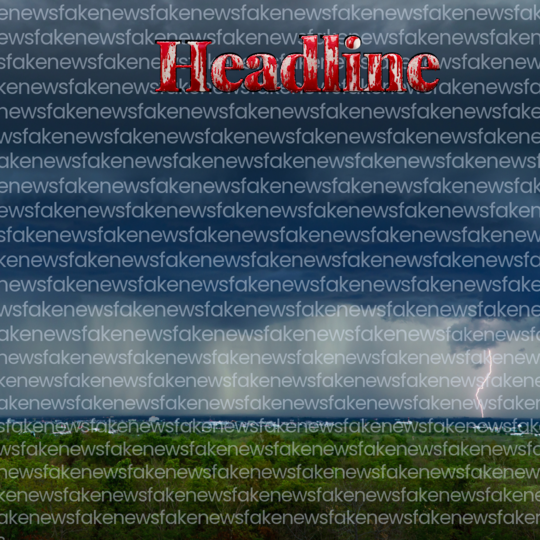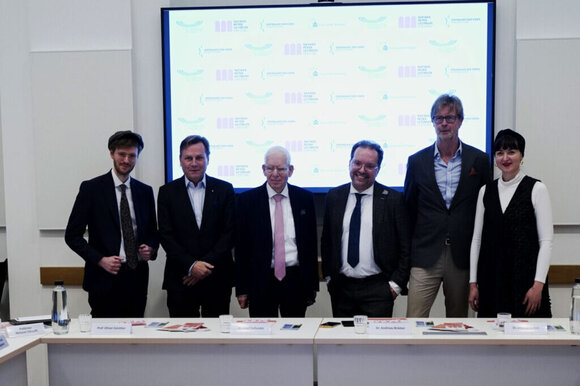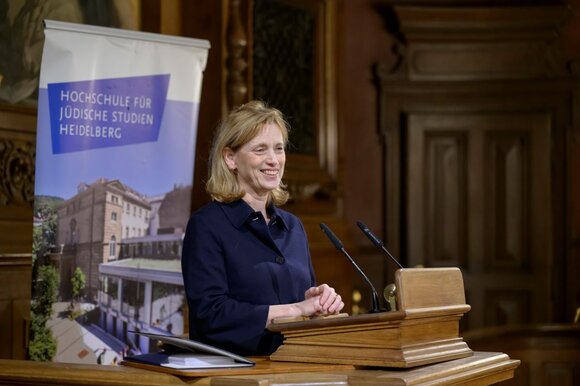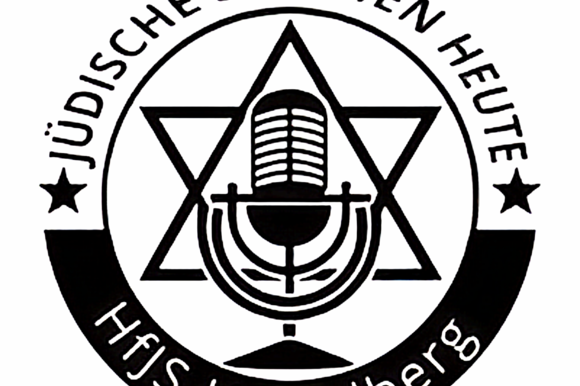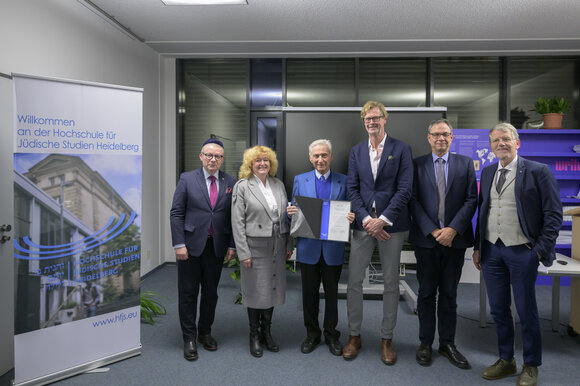The project "Media literacy in the context of the Middle East conflict - countering left-wing extremism and conspiracy myths among pupils and students" focuses on the growing spread of (left-wing) extremist narratives about the Middle East conflict among young people and students. It is being carried out jointly by the Heidelberg University of Education and the Heidelberg University of Jewish Studies under the direction of Prof. Dr. Havva Engin (PHHD) and Rabbi Prof. Dr. Birgit Klein (HfJS); the team includes other academic staff from both institutions.
Congratulations to Rabbi Prof. Dr. Birgit Klein and Prof. Dr. Havva Engin and their team on the successful approval of this project!
The three-year project funded by the BMfFSFJ (July 2025 to June 2028, "Demokratie leben! - Extremismusprävention") aims to teach young people with an affinity for left-wing extremist attitudes about democratic conflict resolution and non-violence, taking particular account of the identity-forming character of the Middle East conflict in this milieu.
The focus is on various innovative methodological approaches: the project team conducts interviews with young adults aged 16 and over in order to record their attitudes, potential for radicalization and the significance of the Middle East conflict for identity formation. In addition, the participants kept a digital media diary for two months in which they documented the social media channels and influencers through which they came into contact with (left-wing) extreme narratives on the Middle East conflict. Based on the findings from interviews and media diaries, an argumentation training course is developed that not only includes a critical examination of stereotypes and conspiracy myths, but also provides in-depth knowledge of left-wing extremism, the Middle East conflict, anti-Semitism and racism and their interrelationships. The training also aims to promote a democratic culture of discussion and to develop the ability to view different conflict parties empathetically and critically. The innovative character of the project lies particularly in the interplay of these methods, through which differentiated insights are gained for prevention work.
The offer is aimed at secondary school pupils, students (especially in the teaching profession), teachers, educational professionals (for example in school social work) and multipliers. In workshops, educators and multipliers are qualified to independently carry out argumentation training on the prevention of extremism and anti-Semitism as well as on democracy education.
The project results will be made openly accessible: in addition to open access publications, the publication of interim results in specialist journals and online is also planned. In the future, the argumentation training and the associated teaching/learning materials will be structurally integrated into university teacher training, tested and evaluated.

